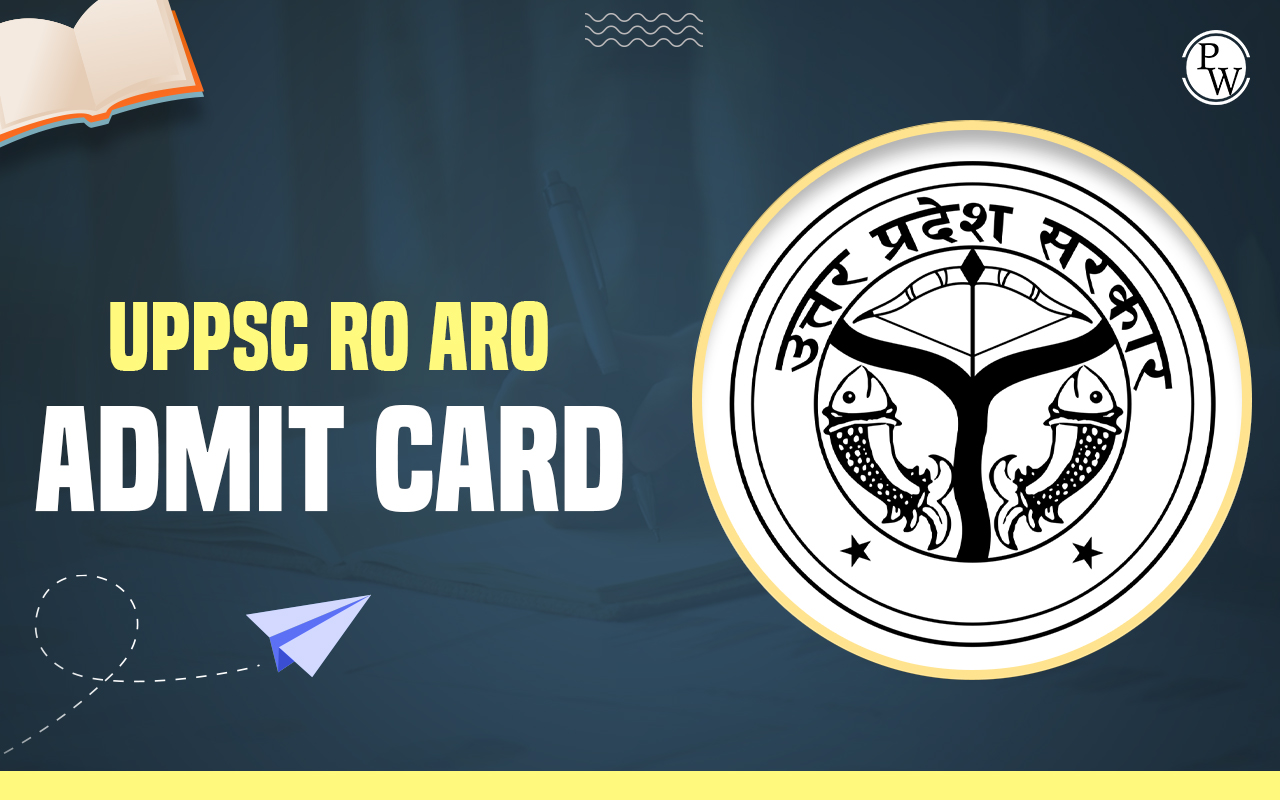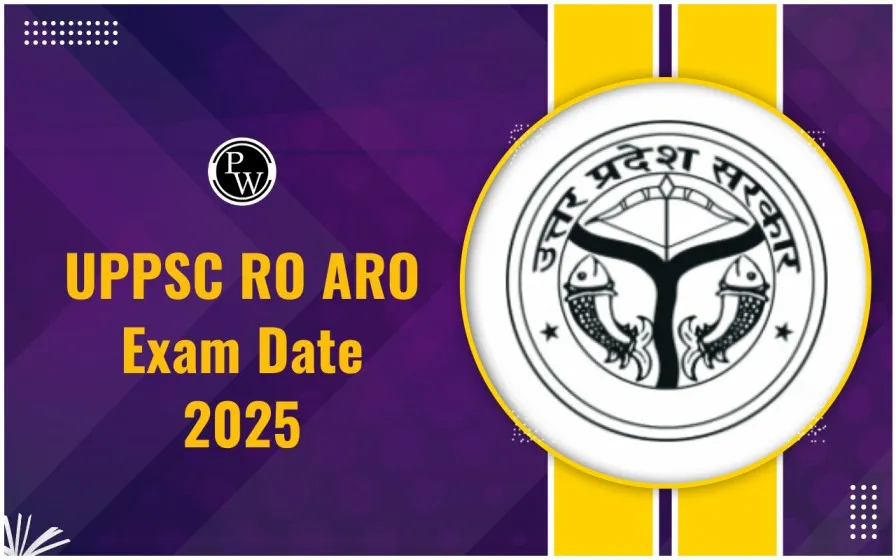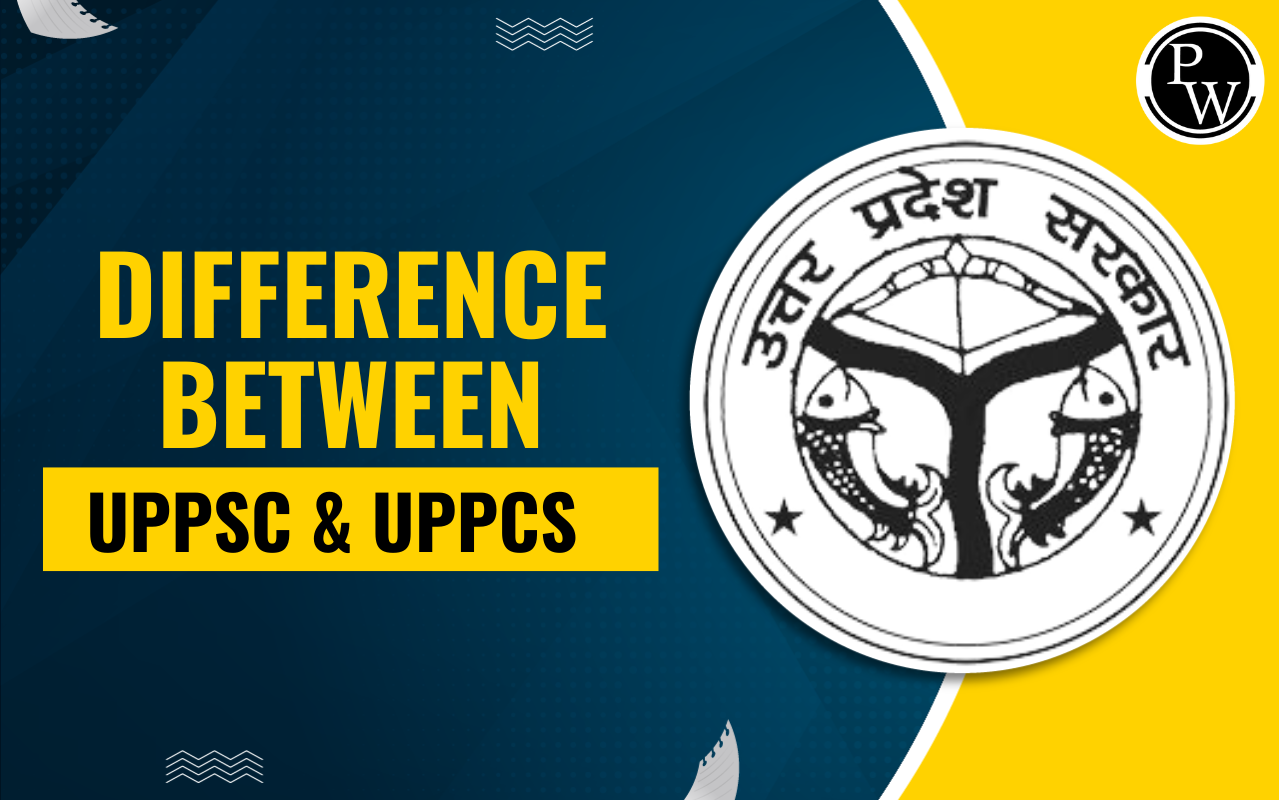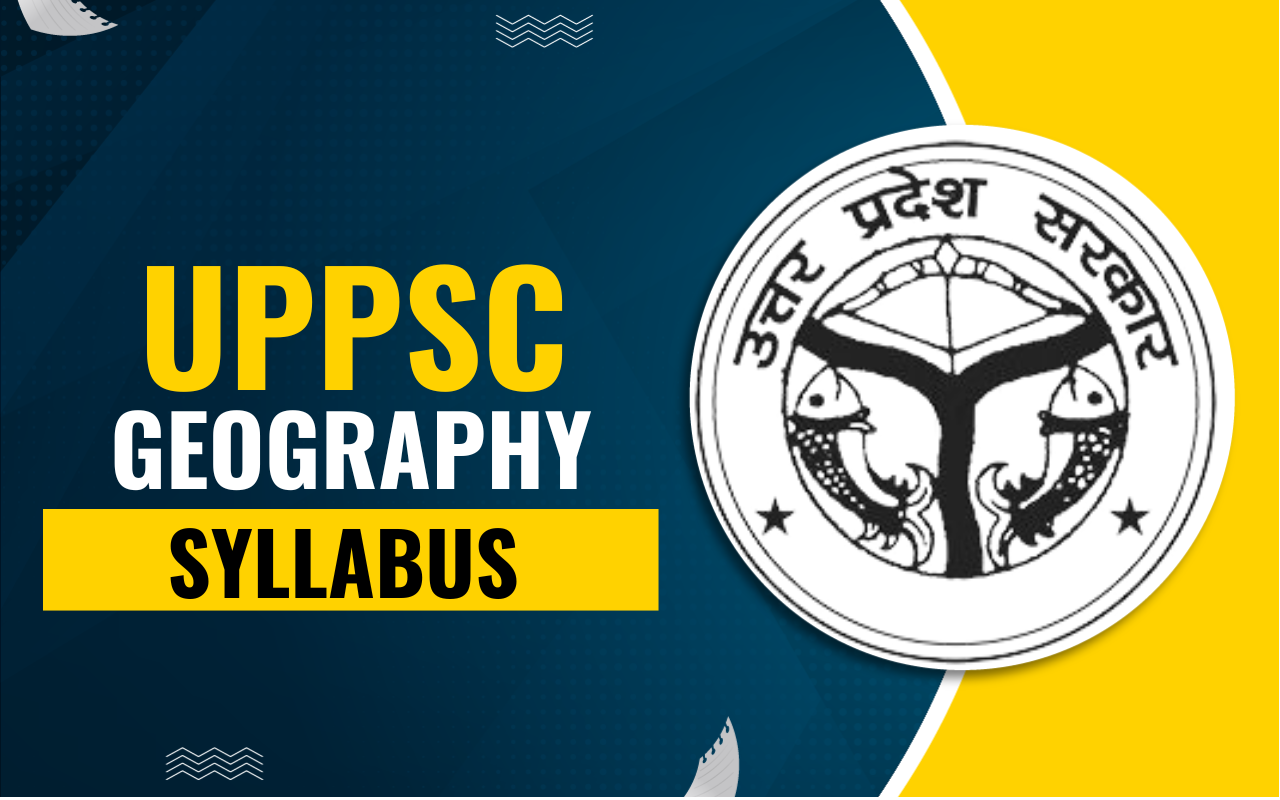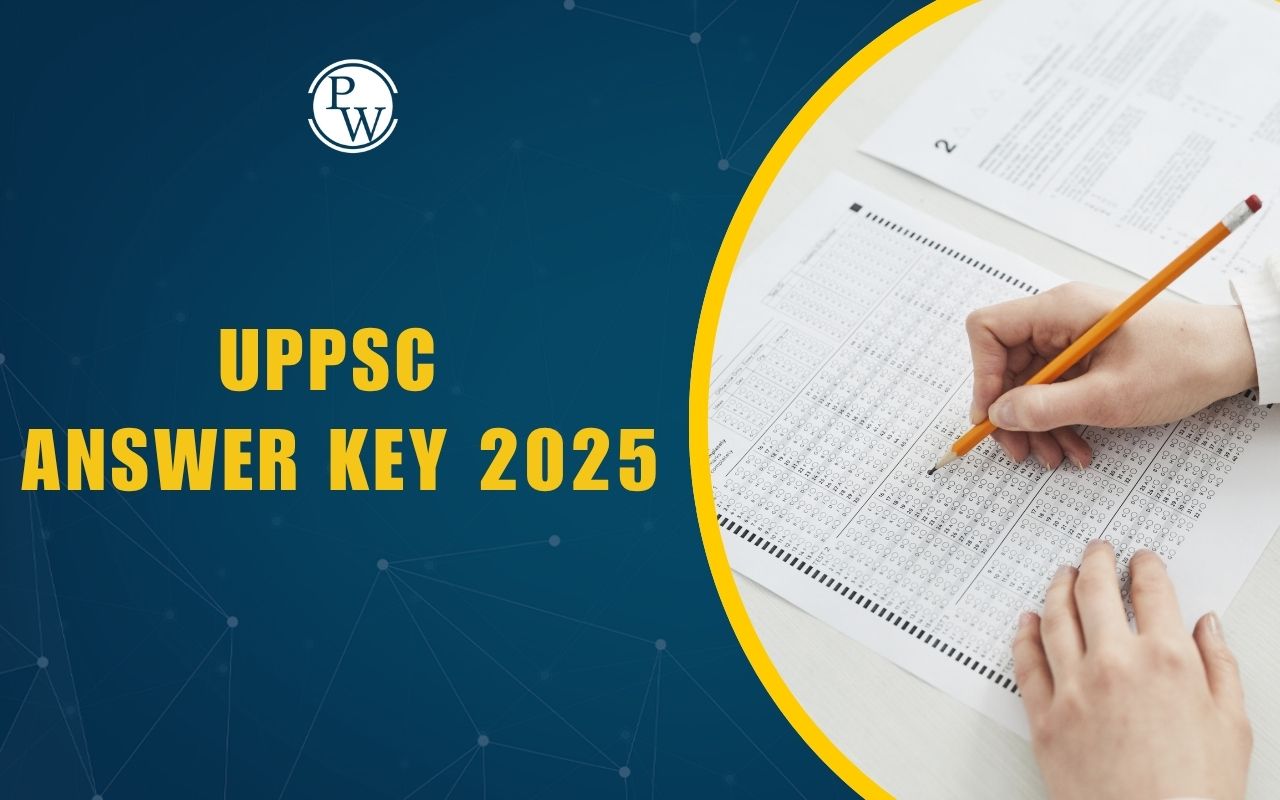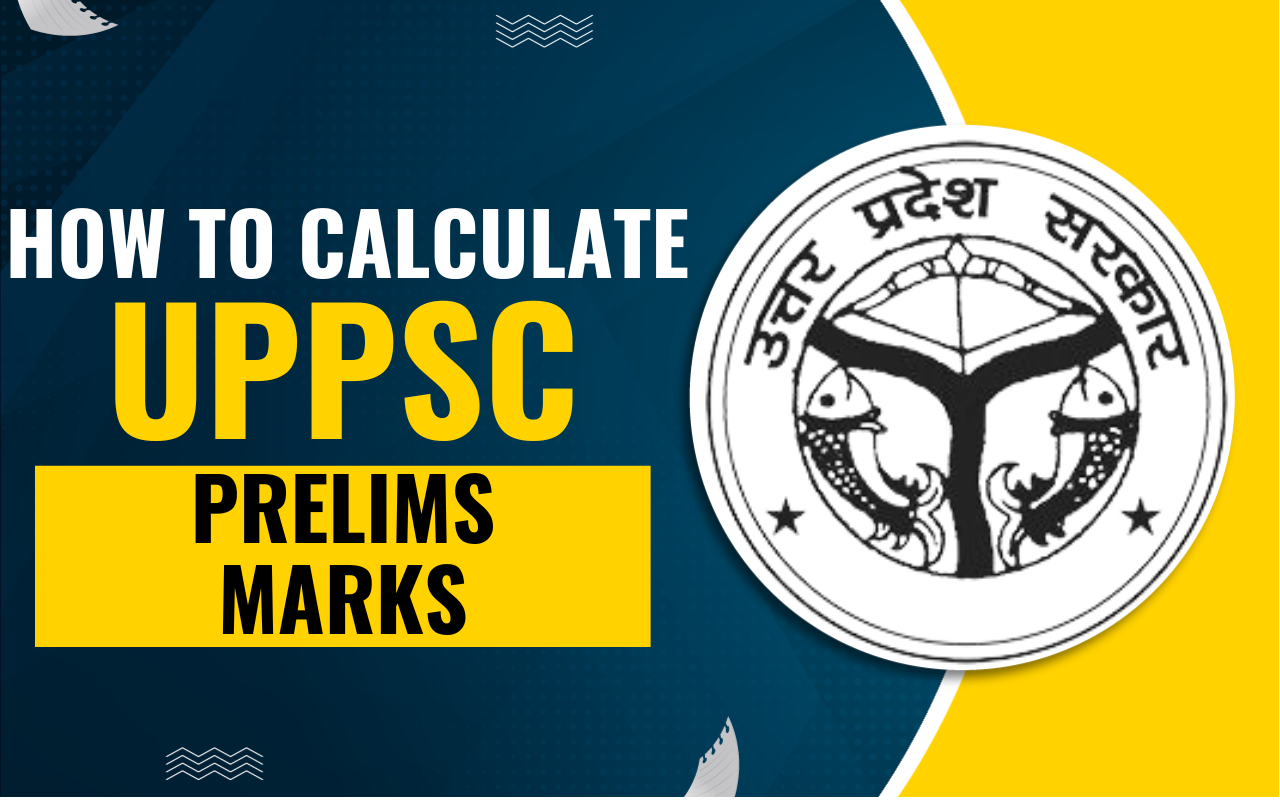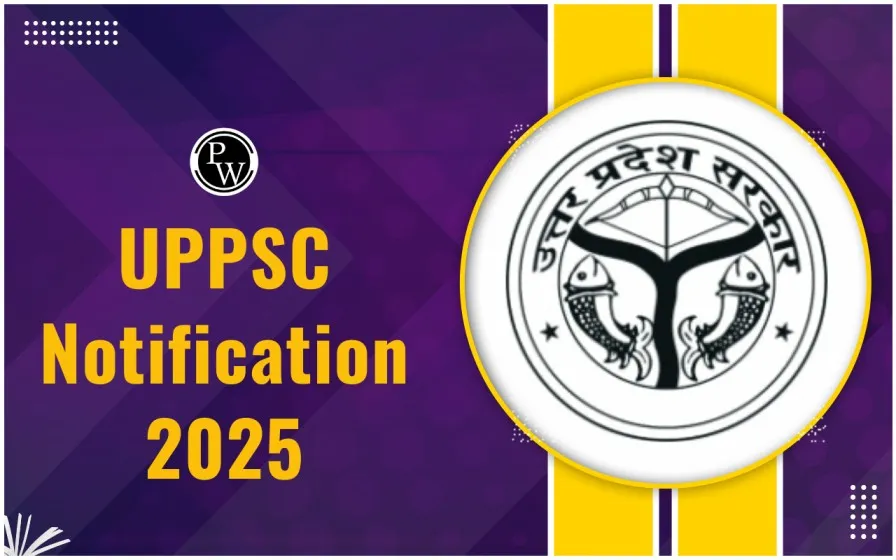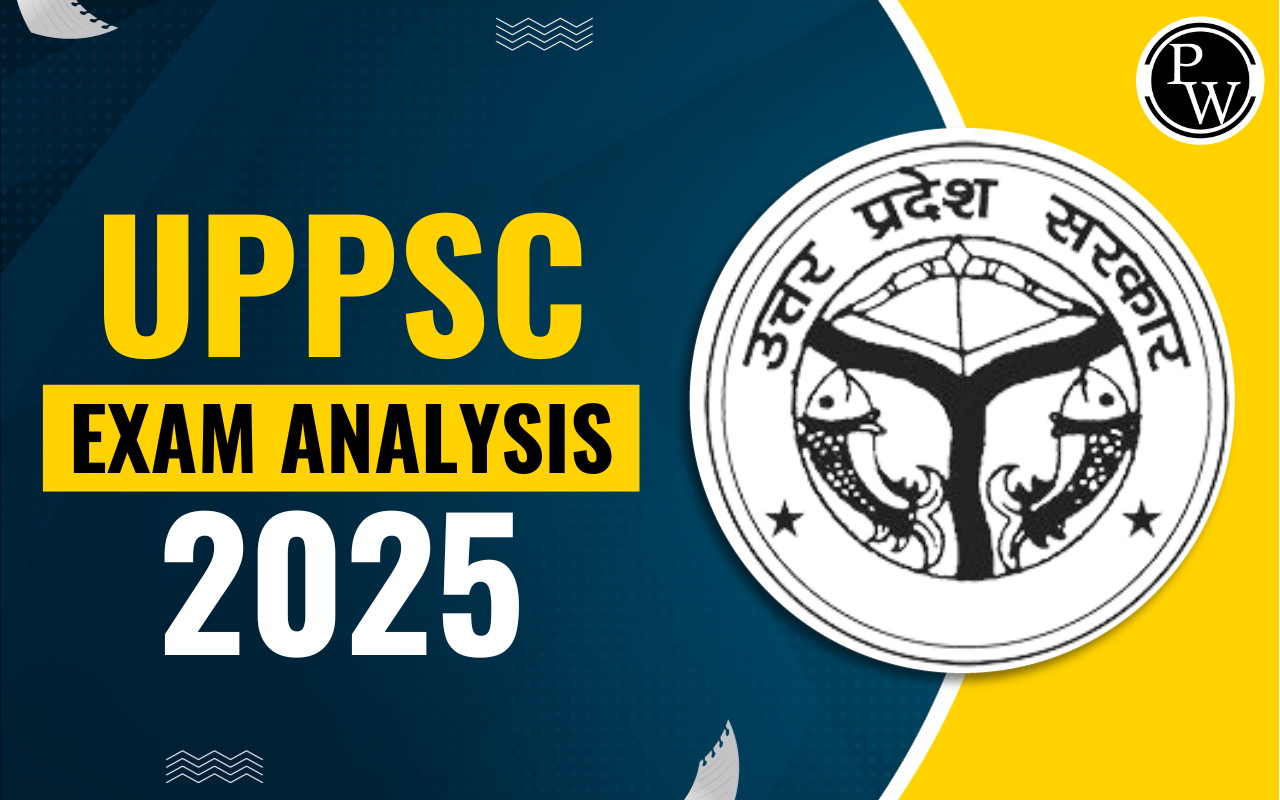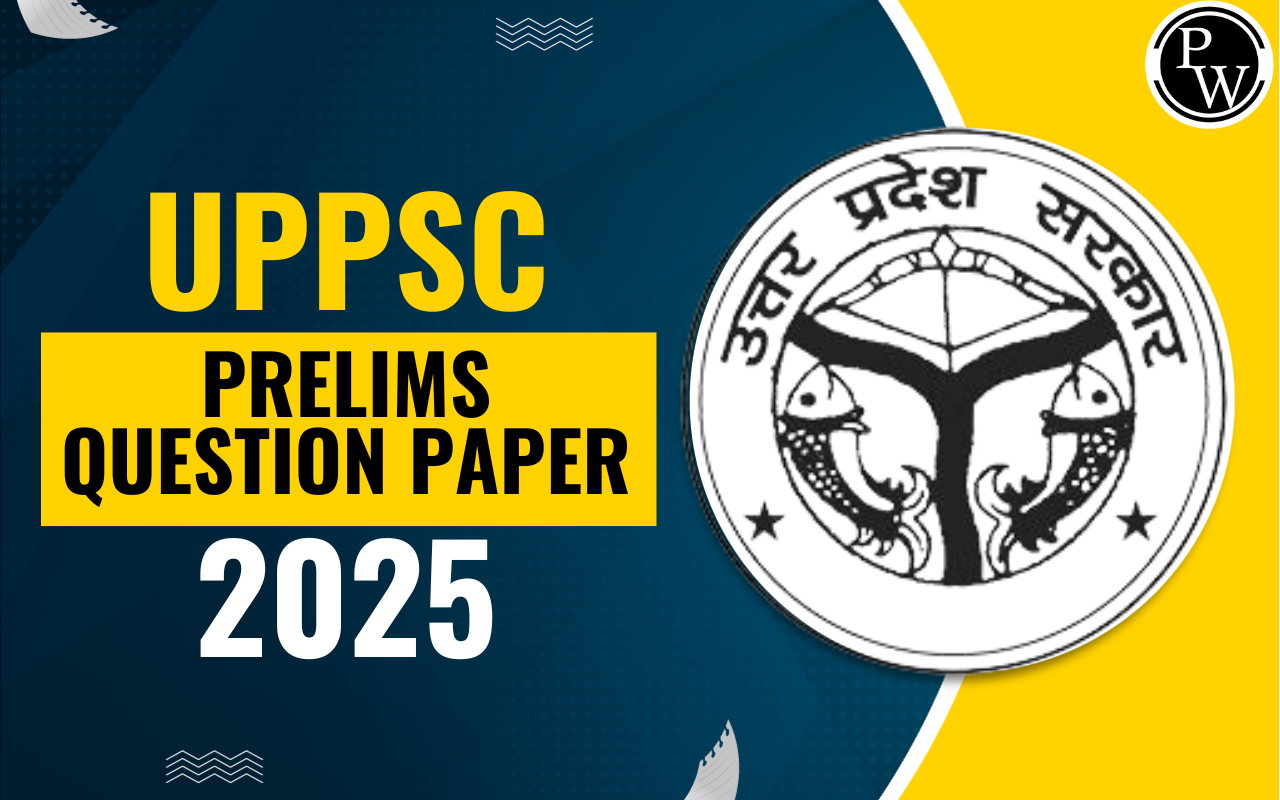
Difference between UPSC and UPPSC : IAS, IPS, IFS, and other personnel are recruited by the Union Public Service Commission (UPSC). Exams for administrative or civil service are conducted at the state level by the Uttar Pradesh Public Service Commission. Candidates should study the differences between the UPSC and UPPSC exams before preparing for the exam.
UPSC and UPPCS offer the two top and most strict administrative post positions. The Union Public Service Commission (UPSC) conducts the UPSC Civil Services examination to select candidates for Group A and B civil service posts, including IAS, IPS, IFS, and others, under the jurisdiction of various states and union territories on behalf of central government authorities.Difference between UPSC and UPPSC
Difference between UPSC and UPPSC: Exams offered by the UPSC and UPPSC differ in that the former is administered nationwide, while the latter is administered state-by-state. The official rating places the UPSC higher than any state employee who works for the government of Uttar Pradesh. Exam difficulty for the UPSC is higher than that of the UPPSC.Difference between UPSC and UPPSC Officers
Candidates can get all the information provided so that candidates can make an informed decision about which exam to take to begin their preparation.| Differences between UPSC and UPPSC Officers | ||
| Criteria | IAS Officer | PCS Officer |
| IAS PCS Full Form | IAS full form: Indian Administrative Service | Full Form of PCS Officer—Provincial Civil Service |
| Recruitment modes |
|
|
| Designations held |
|
|
| Salary | The basic per-month salary of an IAS officer is Rs. 56,100. | The entry-level PCS officer salary is Rs. 56100–132000 (Pay Level 10) |
| Appointed by | The President of India appoints the IAS Officer | The Governor of Uttar Pradesh appoints the PCS Officer. |
Difference between UPSC and UPPSC Eligibility Criteria 2024
Exams for the Uttar Pradesh Public Service Commission (UPPCS) are conducted for various posts in Uttar Pradesh's Group B and Group C civil services. It's time to look at the eligibility requirements and differences between the UPSC and UPPCS exams below.Age Limit
Candidates who plan to take the UPSC and UPPCS Civil Services examinations need to meet the following age requirements:| Difference in Age Limit between UPSC and UPPSC | |
| UPSC | UPPCS |
|
|
Educational Qualification
Candidates must have a graduation or degree bachelor's from one of the Indian universities founded by an Act of the Central or State Legislatures, or from an educational institution founded by an Act of Parliament, or declared a deemed-to-be university, to appear for the UPSC and UPPCS exams.Age Relaxation
Candidates for the UPSC and UPPCS will be qualified for age relaxation in several categories, as shown below.| Age Relaxation Difference between UPSC and UPPSC | ||
| Recruitment | Category | Age Relaxation |
| UPSC | SC/ST | 5 years |
| OBC | 3 years | |
| PWD | 10 years | |
| UPPCS | SC/ST | 5 years |
| OBC/EWS | 5 years | |
| PWD | 15 years | |
Number of Attempts
According to the official notification, there is no set limit on the number of UPPCS exam tries. Candidates can apply for the UPPCS exam as long as their age is within the limit. UPSC restricts candidates to a few attempts. Below is a declaration of the UPSC number of tries per category:| Number of Attempts per Category | |
| Category | Number of Attempts Allowed |
| General | 6 |
| EWS | 6 |
| OBC | 9 |
| SC/ST | Age Limit |
| PwD | 9 Attempts or Age Limit |
Difference between UPSC and UPPSC Selection Process 2024
The UPSC and UPPSC examination selection procedures differ in a few ways. The objective-type preliminary exam, the descriptive-type mains exam, and the interview comprise the three stages of the UPSC examination. A variety of noble national services are available to those who successfully complete all three phases. There are two types of examinations offered by UPPSC: the objective-type preliminary test and the descriptive-type main exam. An optional topic that is included in the main exam of the UPPSC is given some weight in the final selection. Those who pass both the main and preliminary exams will be interviewed before the final decision is made.Difference between UPSC and UPPSC Prelims Exam
There are two papers in the preliminary exam: General Studies and General Studies 2. The questions are objective, with two hours and 200 marks for each paper. The preliminary examination covers topics such as general concerns, poverty rights, and other political systems. The other paper covers general mental capacity, logical reasoning, and other topics.UPSC Prelims Examination
There are 100 questions in general studies and 80 in general studies 2. Qualification for the CSAT requires a minimum mark of 33%. Both papers have a negative marking of 1/3 for each wrong answer.| UPSC Prelims Examination | |||
| Paper | Number of Questions | Maximum Marks | Exam Duration |
| General Studies I | 100 | 200 | 2 hours |
| General Studies II (CSAT) | 80 | 200 | 2 hours |
UPPSC Prelims Examination
There are two required papers in the UPPSC preliminary exam: Paper 1 and Paper 2. The questions are objective and are conducted offline. There are 150 questions on one paper and 100 questions on the second. Each of the two exams has 200 marks and lasts for two hours. Candidates must complete Paper 2 with a 33% mark.| UPPSC Prelims Examination | |||
| Name of Paper | No. of Questions | Total Marks | Time Duration |
| Paper-1 – General Studies I | 150 | 200 | 2 hours |
| Paper-1 – General Studies II | 100 | 200 | 2 hours |
Difference between UPSC and UPPSC Mains Exam
Papers A and B, together with seven other papers, make up the UPSC Main Exam. The mandatory English and Indian language papers are qualifying and have 300 marks. The remaining papers have 250 marks each and take three hours to complete.UPSC Main Examination
The pattern of the question paper is descriptive. It is required to score at least 25% on each paper to be evaluated at the final selection.| UPSC Mains Examination | |||
| Paper | Subject | Exam Duration | Total marks |
| Paper A | Compulsory Indian language ( Languages included in the Eighth Schedule to the Constitution) | 3 hours | 300 |
| Paper B | English Language | 3 hours | 300 |
| Paper I | Essay | 3 hours | 250 |
| Paper-II | General Studies-I ( Indian Heritage and Culture, History, and Geography of the World and Society) | 3 hours | 250 |
| Paper III | General Studies- II (Governance, Constitution, Polity, Social Justice and International Relations) | 3 hours | 250 |
| Paper IV | General Studies- III (Technology, Economic Development, Bio-diversity, Environment, Security and Disaster Management) | 3 hours | 250 |
| Paper V | General Studies IV ( Ethics, Integrity, and Aptitude) | 3 hours | 250 |
| Paper VI | Optional I | 3 hours | 250 |
| Paper VII | Optional II | 3 hours | 250 |
UPPSC Mains Examination
The UPPSC Main Exam is made up of many papers. Those who pass the preliminary exam are allowed to take mains exam. The main exam for the UPPSC is descriptive. It is expected of candidates to write long answers. Each paper lasts three hours, and there are 1500 total marks.| UPPSC Mains Examination | ||
| Name of Paper | Total Marks | Time Duration |
| General Hindi | 150 | 3 hours |
| Essay | 150 | |
| General Studies (First Paper) | 200 | |
| General Studies (Second Paper) | 200 | |
| General Studies (Third Paper) | 200 | |
| General Studies (Fourth Paper) | 200 | |
| Total | 1500 | |
Difference between UPSC and UPPSC Interviews
The interview part of the selection process concludes for both UPSC and UPPSC. Here are the main differences to note:- The UPSC interview round is worth 275 marks and involves asking questions of general interest to evaluate the candidate's mental and social qualities.
- Candidates' academic interests, intelligence, character, expression of power or personality, and overall fitness for the service will all be evaluated at the 100-mark UPPCS interview or personality exam.
- The last interview stage will determine the final selection for both the UPSC and UPPCS exams.
- The UPSC IAS exam has a total mark of 1750+275, or 2025 marks, but the UPPCS exam has a total mark of 1500+100, or 1600 marks, for all three stages.
Difference between UPSC and UPPSC Posts 2024
Candidates who sit in the UPSC Civil Services exam will be recruited to the following Group A and Group B posts at the central level once their training time is finished, according to the CSE Rules, 2024, which were published by the Department of Personnel and Training in the Gazette of India Extraordinary. Candidates who want to be selected for any of the general or specialized UPPCS post vacancies listed in the official notice of the commission have to start preparing for the Combined State / Upper Subordinate Services Examination. See every one of the UPPCS posts listed below.| Difference between UPSC and UPPSC Posts | |
| UPSC Posts | UPPSC Posts |
|
|
Difference between UPSC and UPPSC Syllabus 2024
There are differences in the syllabus for UPSC Compared to the UPPCS syllabus, the UPSC syllabus is deeper and includes a larger range of topics. International relations, political science, history, and other topics are required by UPSC officers, UPPCS officials are only required to learn the fundamentals of these disciplines. UPSC examinations are also more challenging than UPPCS. A written exam, an interview, and a personality exam must be completed by candidates to be selected as an IAS officer.PW Batch for UPPSC
PW is the best option for UPPSC online coaching. We have a staff of experts ready to support candidates in acing the UPPSC exams. Batch Link: UPPSC Online Coaching| Other Related Links of UPPSC Exam 2024 | |
| UPPSC Notification | UPPSC Salary |
| UPPSC Result | UPPSC Syllabus |
| UPPSC Answer Key | UPPSC Eligibility Criteria |
| UPPSC Admit Card | UPPSC Apply Online |
| UPPSC Previous Year Question Paper | UPPSC Selection Process |
| UPPSC Cut Off | |
Difference between UPSC and UPPSC FAQs
Q1 - Are IAS and PCS salaries the same?
Ans - The salary for an IAS official is also higher than that of a PCS officer. The starting salary range for an IAS officer is between Rs 56,100 and Rs 17,75,400, whereas the starting salary range for a PCS officer is between Rs 38,000 and Rs 44,000.
Q2 - Should I go for UPPCS or UPSC?
Ans - It is a central-level recruitment that offers higher post responsibilities, overall career possibilities, and salary perks than UPPCS recruitment. Candidates can also choose UPPCS as it has a better exam pass rate than UPSC.
Q3 - Are the eligibility criteria the same for the UPPCS and UPCS exams?
Ans - No, there are differences between the UPSC and UPPSC eligibility requirements. Candidates can apply for UPPCS at the age of 40, whereas UPSC requires only 32 years. The complete eligibility requirements for both exams are listed in this article.
Q4 - Is UPPCS the same as UPSC?
Ans - No, the UPPCS is only a Uttar Pradesh state-level exam for select Group B and numerous Group C positions, whereas the UPSC CSE is a central-level exam for Group A and Group B Civil Services recruitment.
Q5 - What is the difference between the IAS and PCS selection processes?
Ans - The UPSC Civil Services Examination is used to recruit IAS officials, this is how the selection process for IAS and PCS differs. The Uttar Pradesh Public Service Commission recruitment is used to choose PCS officials.
Talk to a counsellorHave doubts? Our support team will be happy to assist you!

Check out these Related Articles
Free Learning Resources
PW Books
Notes (Class 10-12)
PW Study Materials
Notes (Class 6-9)
Ncert Solutions
Govt Exams
Class 6th to 12th Online Courses
Govt Job Exams Courses
UPSC Coaching
Defence Exam Coaching
Gate Exam Coaching
Other Exams
Know about Physics Wallah
Physics Wallah is an Indian edtech platform that provides accessible & comprehensive learning experiences to students from Class 6th to postgraduate level. We also provide extensive NCERT solutions, sample paper, NEET, JEE Mains, BITSAT previous year papers & more such resources to students. Physics Wallah also caters to over 3.5 million registered students and over 78 lakh+ Youtube subscribers with 4.8 rating on its app.
We Stand Out because
We provide students with intensive courses with India’s qualified & experienced faculties & mentors. PW strives to make the learning experience comprehensive and accessible for students of all sections of society. We believe in empowering every single student who couldn't dream of a good career in engineering and medical field earlier.
Our Key Focus Areas
Physics Wallah's main focus is to make the learning experience as economical as possible for all students. With our affordable courses like Lakshya, Udaan and Arjuna and many others, we have been able to provide a platform for lakhs of aspirants. From providing Chemistry, Maths, Physics formula to giving e-books of eminent authors like RD Sharma, RS Aggarwal and Lakhmir Singh, PW focuses on every single student's need for preparation.
What Makes Us Different
Physics Wallah strives to develop a comprehensive pedagogical structure for students, where they get a state-of-the-art learning experience with study material and resources. Apart from catering students preparing for JEE Mains and NEET, PW also provides study material for each state board like Uttar Pradesh, Bihar, and others
Copyright © 2025 Physicswallah Limited All rights reserved.
Get App
